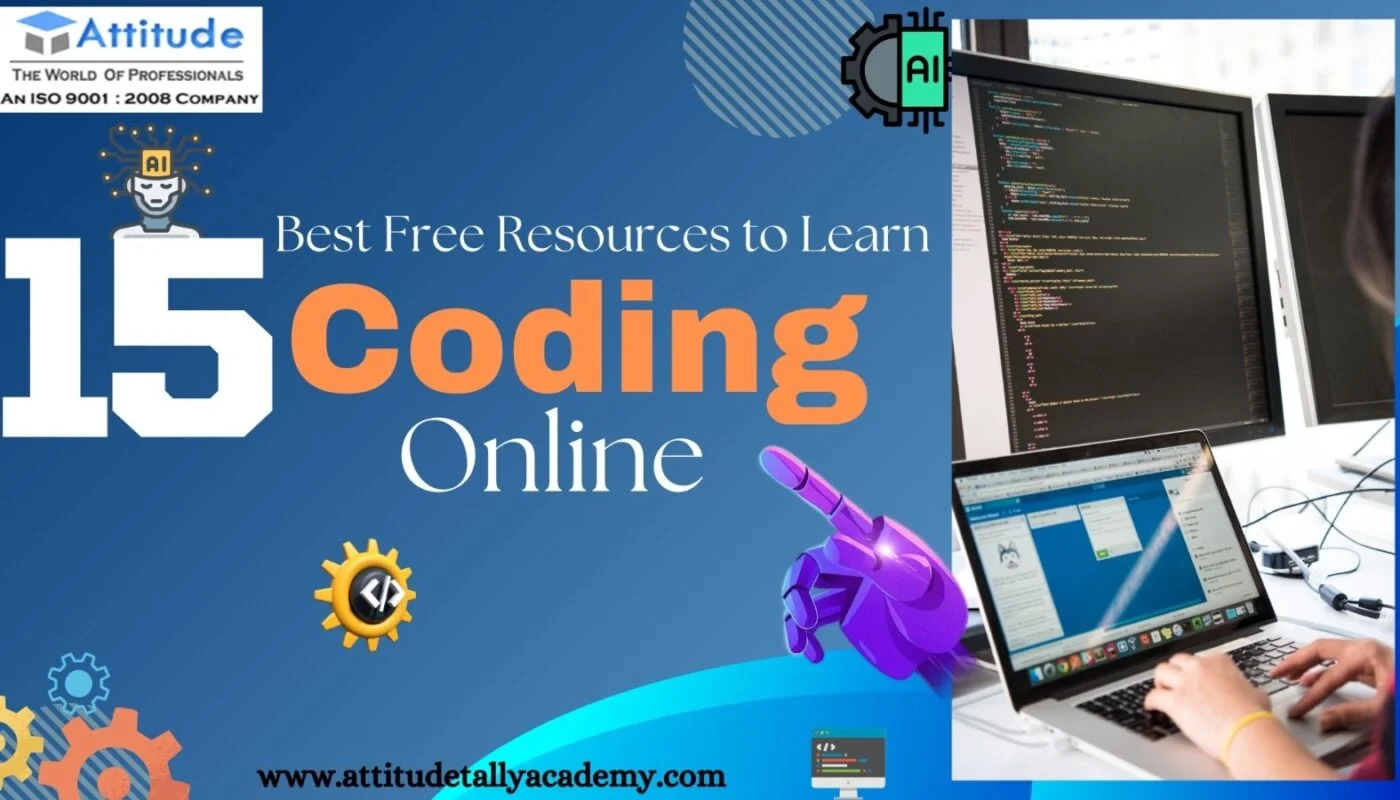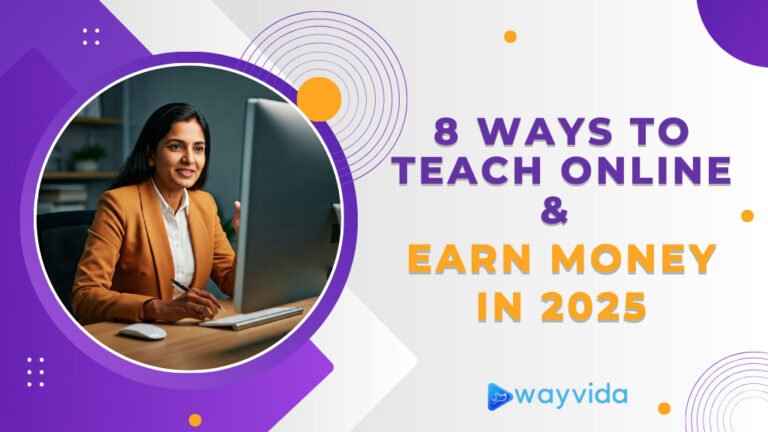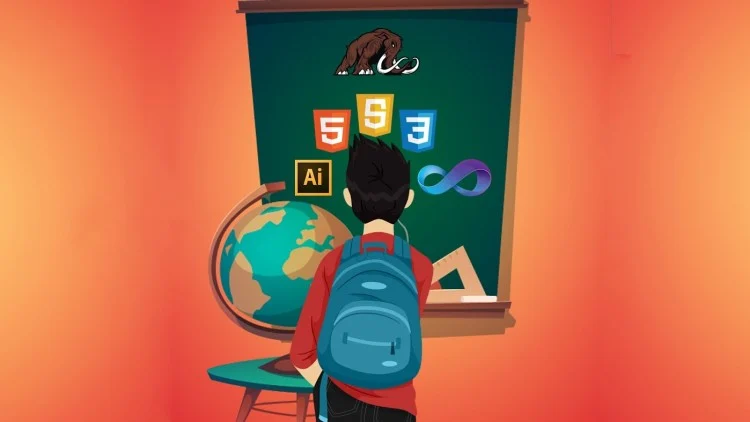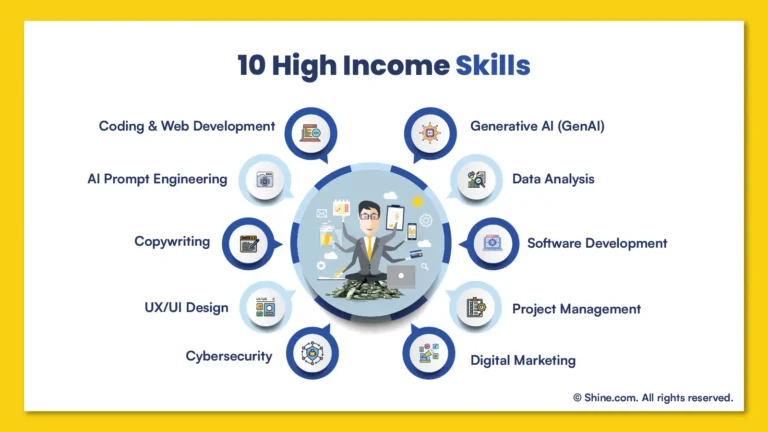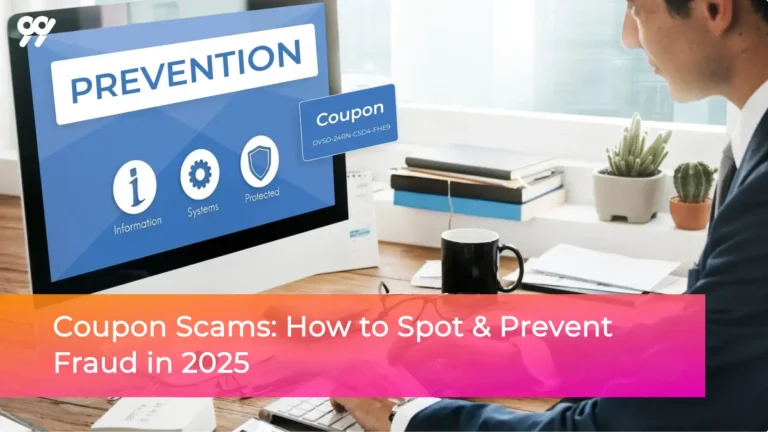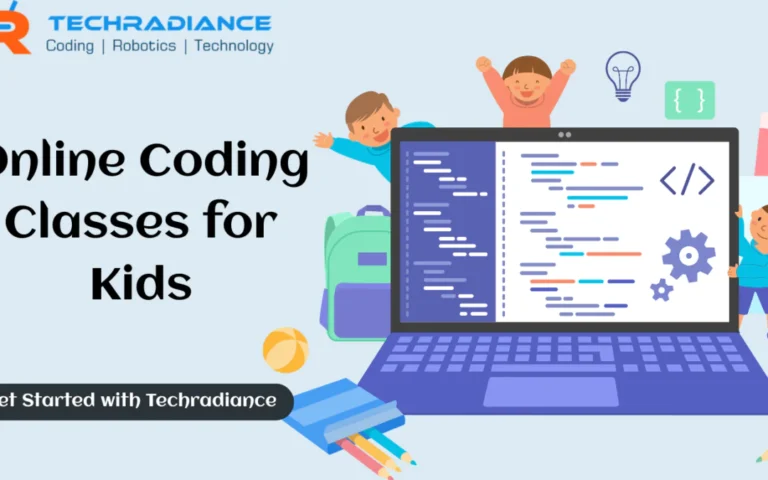Best Free Coding Resources Before You Buy a Course
Introduction
When you’re just starting your coding journey, it’s tempting to dive straight into buying a premium course. But here’s the truth: you don’t need to spend money right away. There are plenty of high-quality free coding resources that can help you learn the basics, experiment with projects, and figure out which programming language or career path suits you.
Before you buy a course from popular platforms like Codecademy, Coursera, DataCamp, or Udemy, it’s wise to test the waters with free resources. Not only will this save you money, but it also ensures you make the right investment in your education.
In this guide, we’ll explore the best free coding resources available in 2025—from beginner-friendly websites and YouTube tutorials to interactive coding challenges and free online courses.
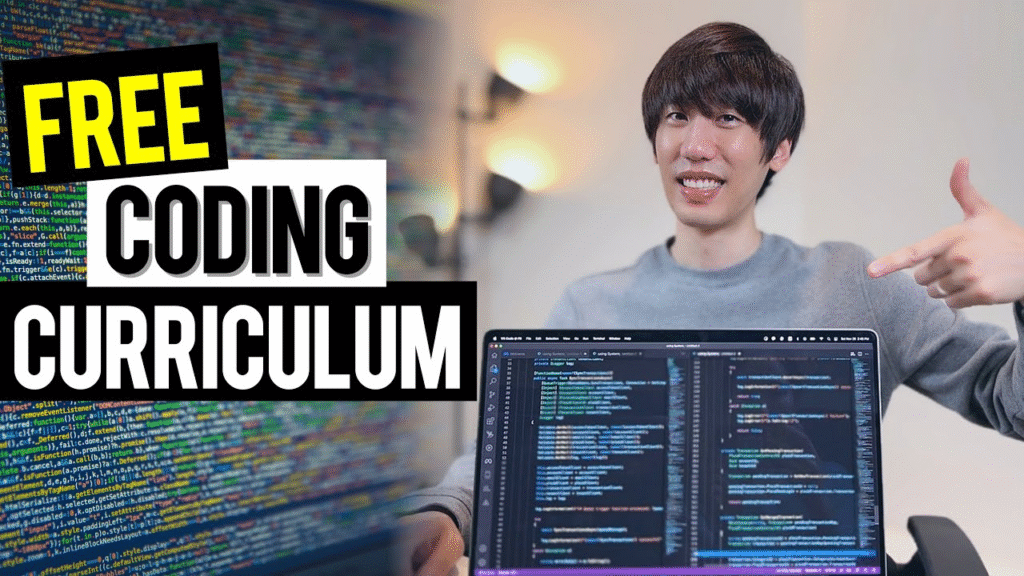
Why Start with Free Coding Resources?
Before spending on a paid course, free coding platforms offer:
- Risk-free learning — No upfront costs.
- Exploration — Discover which programming languages interest you (Python, JavaScript, HTML/CSS, etc.).
- Skill building — Build a foundation that makes premium courses more effective.
- Hands-on practice — Many free platforms let you code in real time.
Best Free Coding Resources in 2025
Below, we’ve handpicked top free platforms, websites, and tutorials that are perfect for beginners and intermediate learners.
1. FreeCodeCamp
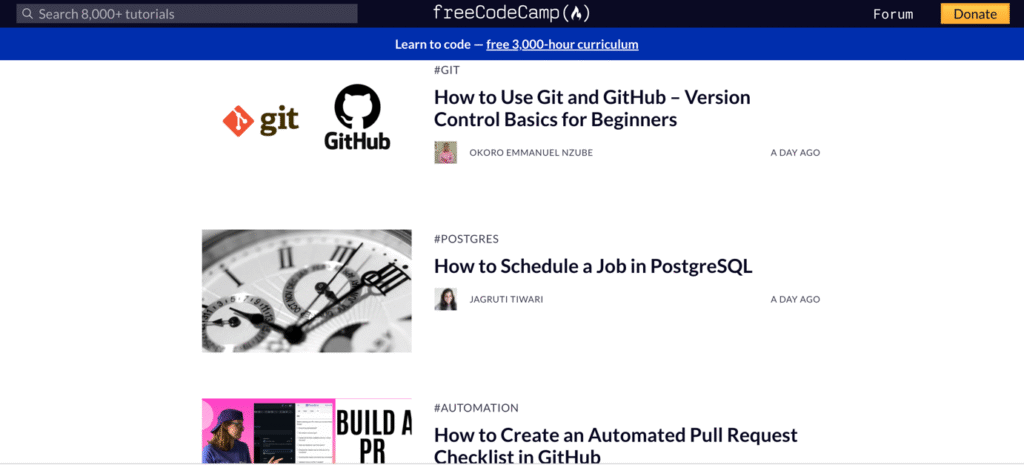
Why it’s great:
- 100% free platform with structured learning paths.
- Offers certifications in web development, Python, JavaScript, data visualization, and more.
- Thousands of coding challenges and projects.
- Large community and forum for peer support.
Best for: Beginners who want hands-on, project-based learning.
2. Codecademy Free Plan
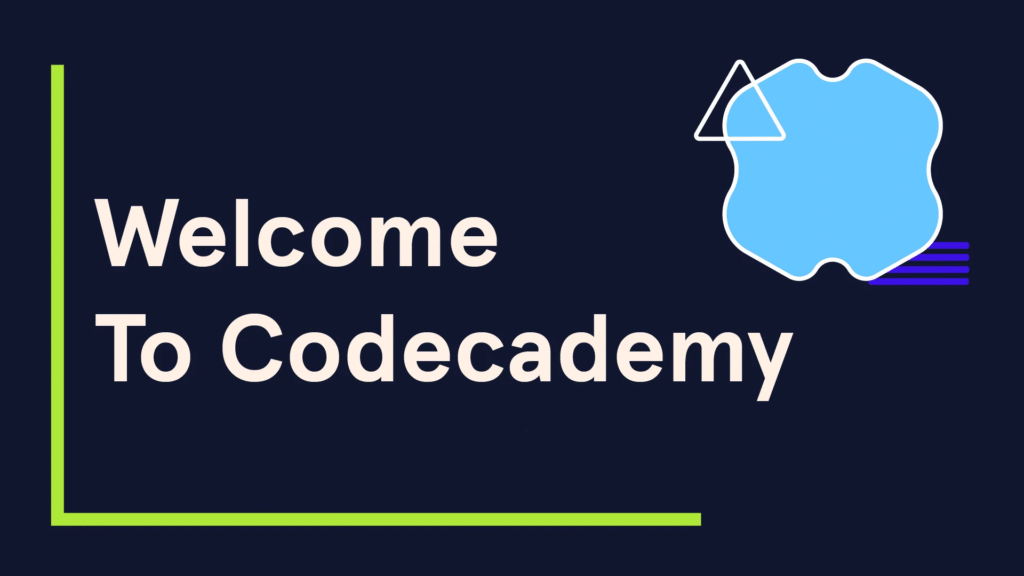
Why it’s great:
- Interactive coding lessons in your browser.
- Covers popular languages like Python, HTML, CSS, JavaScript, and SQL.
- Provides structured beginner courses.
Best for: Beginners who like interactive, guided coding lessons.
3. W3Schools
Why it’s great:
- Beginner-friendly tutorials on web technologies.
- Covers HTML, CSS, JavaScript, Python, and more.
- Interactive coding playground to test code snippets instantly.
Best for: Absolute beginners who want quick, no-frills explanations.
4. Khan Academy — Computer Programming
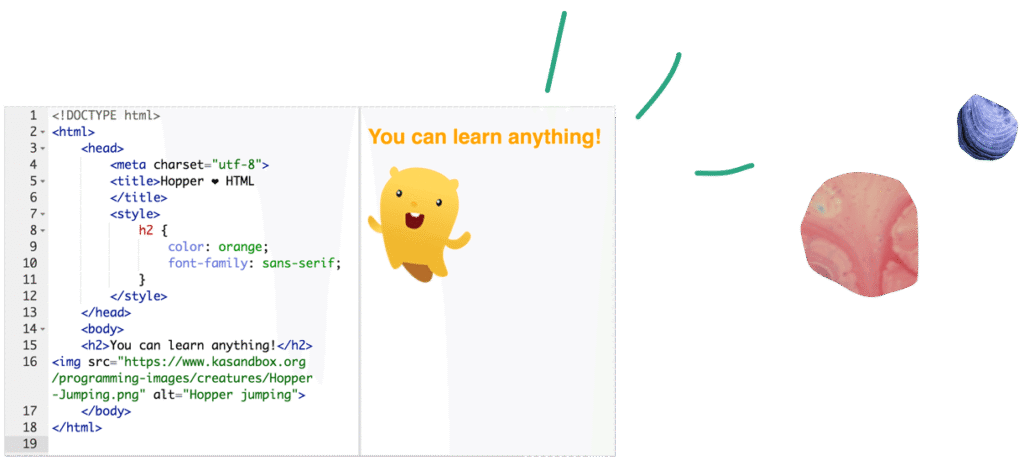
Why it’s great:
- Free lessons on JavaScript, HTML/CSS, and SQL.
- Video + interactive exercises format.
- Kid-friendly and beginner-focused.
Best for: Younger learners or beginners who want fun, visual learning.
5. The Odin Project
Why it’s great:
- Comprehensive open-source curriculum.
- Focuses on full-stack web development.
- Project-based learning with real-world coding challenges.
- Strong GitHub community for collaboration.
Best for: Learners who want structured, career-focused free training.
6. MDN Web Docs (by Mozilla)
Why it’s great:
- The go-to documentation for web development.
- Covers HTML, CSS, JavaScript in detail.
- Great for learning syntax, best practices, and advanced features.
Best for: Intermediate learners who want to deepen their coding knowledge.
7. YouTube Coding Channels
There are countless YouTube channels offering free tutorials. Some popular ones include:
- Traversy Media (web development tutorials).
- Programming with Mosh (Python, JavaScript, and more).
- The Net Ninja (full coding playlists).
Best for: Learners who prefer video-based explanations and live coding sessions.
8. GeeksforGeeks (Free Section)
Why it’s great:
- Detailed tutorials on data structures, algorithms, and languages.
- Includes interview prep questions.
- Some free coding challenges.
Best for: Students preparing for technical interviews.
9. EdX Free Courses

Why it’s great:
- Free university-level courses from Harvard, MIT, and others (audit mode).
- Covers computer science fundamentals, Python, Java, and more.
Best for: Learners who want academic-style learning for free.
10. Coursera Free Courses
Why it’s great:
- Many coding courses can be audited for free.
- Partnered with top universities and tech companies.
- Certificates require payment, but content is free to learn.
Best for: Learners who want structured courses from top institutions.
11. HackerRank & LeetCode (Free Versions)
Why they’re great:
- Solve coding challenges to practice problem-solving skills.
- Essential for coding interviews.
- Large communities and competitive coding contests.
Best for: Intermediate learners who want to prepare for jobs.
12. SoloLearn (Free Plan)
Why it’s great:
- Mobile-friendly app for coding on the go.
- Free lessons in Python, JavaScript, C++, and more.
- Built-in community for discussions.
Best for: Casual learners who want short lessons from their phone.
Tips to Maximize Free Coding Resources
- Set goals: Define what you want to learn—web development, data science, or app development.
- Create a learning schedule: Consistency matters more than speed.
- Build small projects: Even free lessons are more effective when applied to real coding tasks.
- Join communities: Engage in forums, Discord groups, or GitHub projects.
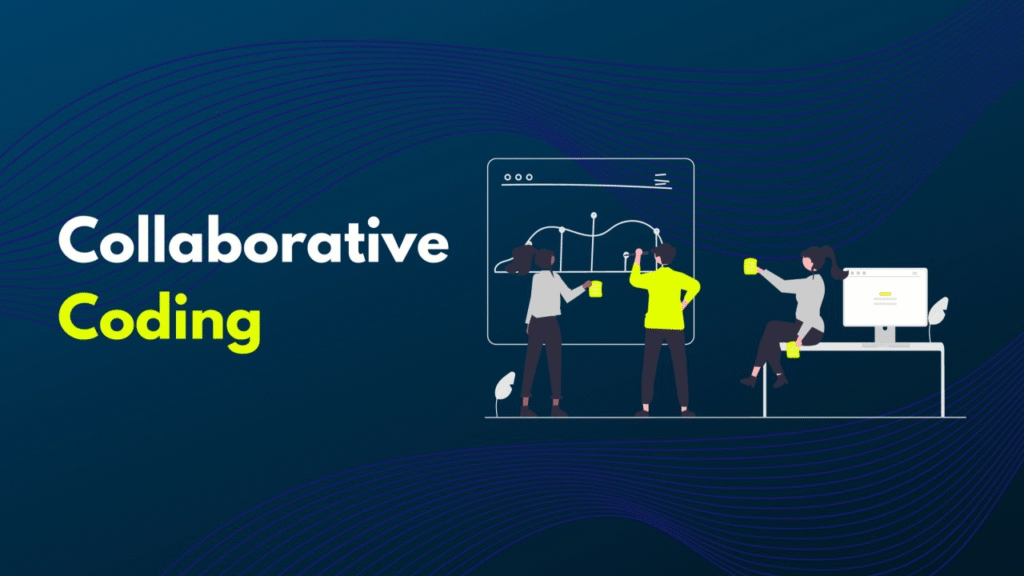
When Should You Invest in a Paid Course?
Free resources are excellent for exploration, but at some point, you may outgrow them. Paid courses are worth it when:
- You want a structured curriculum with accountability.
- You need certificates for career advancement.
- You prefer mentor support and doubt clearing.
- You’re preparing for career-switch programs (bootcamps, job-ready courses).
Frequently Asked Questions (FAQ)
1. Can I learn coding entirely for free?
Yes, many people have learned coding skills using free resources. However, structured paid courses can speed up the process and offer certifications.
2. Which free coding platform is best for beginners?
FreeCodeCamp and Codecademy’s free plan are highly recommended for complete beginners.
3. Do free coding resources provide certificates?
Some platforms like FreeCodeCamp and SoloLearn provide free certificates, while others (like Coursera/edX) charge for them.
4. How long does it take to learn coding with free resources?
It depends on consistency and goals. Beginners can learn the basics in 3–6 months with regular practice.
5. Should I start with Python or web development?
If you want flexibility, start with Python. If your goal is building websites, start with HTML, CSS, and JavaScript.
Conclusion
Learning to code doesn’t have to cost a fortune. With the wealth of free coding resources available today, you can build strong fundamentals, explore different career paths, and decide when it’s worth investing in a paid course.
Whether you choose FreeCodeCamp, Codecademy, The Odin Project, or YouTube tutorials, the key is consistency and hands-on practice. Start free, learn the basics, and when you’re confident—invest smartly with discounts and promo codes from Coding Coupons to save on premium learning platforms.
[IMAGE PLACEHOLDER: Student celebrating coding success — Search Google for: “learn coding success”]
[CTA BUTTON: Get Verified Coding Discounts — Link: https://codingcoupons.com]
